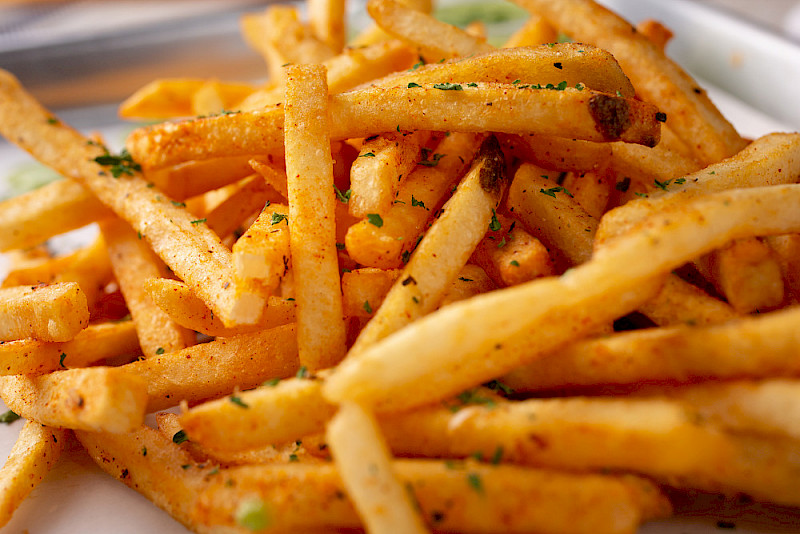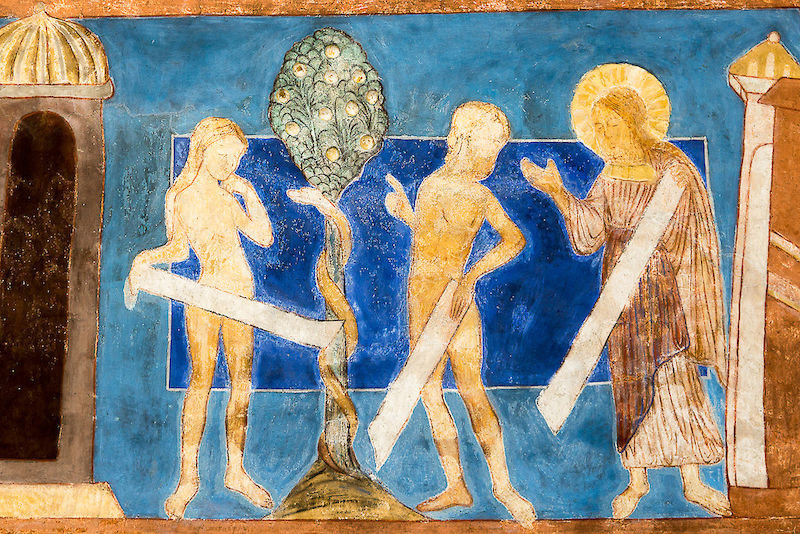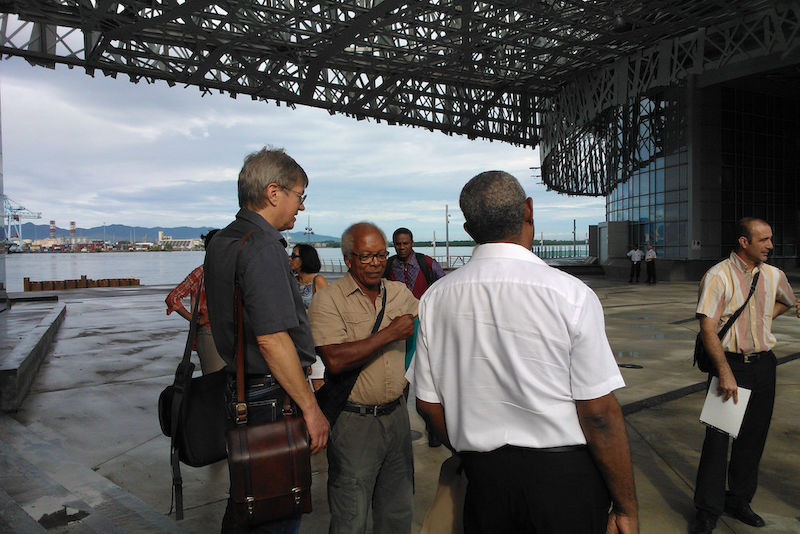
Nature isn’t always on our side
For many people, food and chemicals just don’t belong together. But does a long list of ingredients and additives mean that our food is unnatural or even unhealthy? Professor Daniel Wefers, a food chemist from the University of Halle, advocates a more pragmatic view of things. Read more








